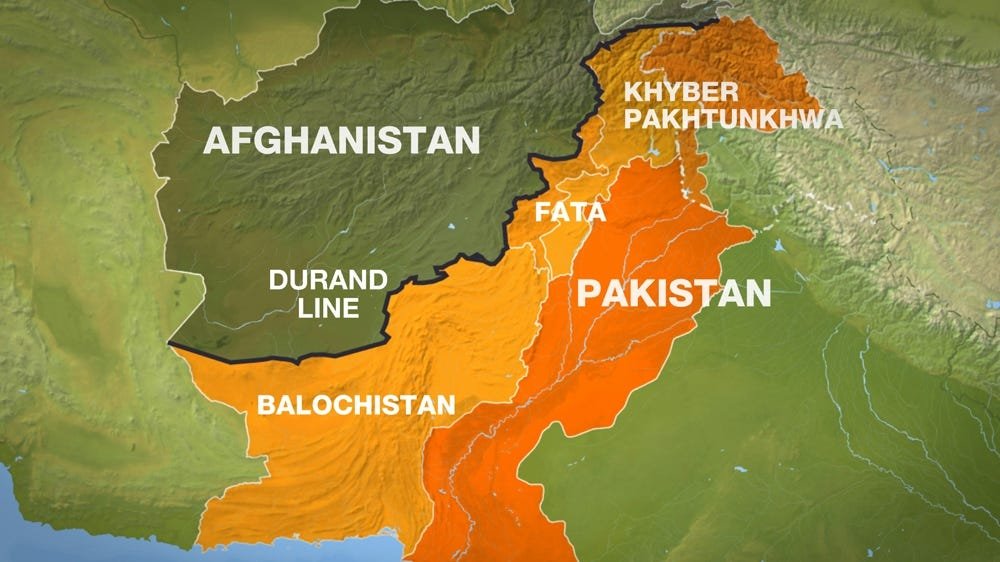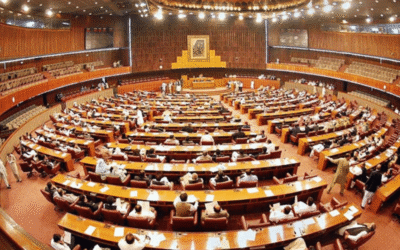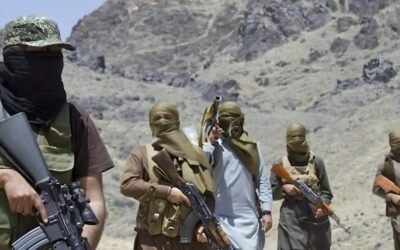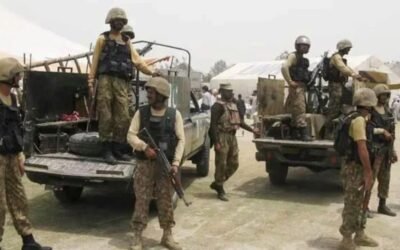Pakistan leaders have argued that a stable and friendly Afghanistan is crucial for Islamabad’s security. A peaceful Kabul provides strategic depth against threats from the West of Pakistan and mainly its arch-enemy India. As Pakistani Foreign Minister Ishaq Dar recently noted, “Afghanistan’s development will benefit us. We support it. Its security is essential for our security”. Since the Cold War, Islamabad’s policy has aimed to establish a non-threatening government in Kabul, not to dominate Afghanistan, but to prevent hostile forces from surrounding it.
Historical Background
The concept goes back to the 1970s of seeking strategic depth in Afghanistan. The Pakistani leaders, since Zulfikar Ali Bhutto, considered Afghanistan as a buffer zone against India, and also as a gateway to Central Asia and the Islamic world. During the 1970s and 1980s, Pakistan allied with the United States to oppose the Soviet invasion of Afghanistan. It leveraged its geographic location to aid weapons and training to the Afghan mujahideen through the US, Saudi Arabia, and others. The collapse of the Afghan communist regime in 1992 and the defeats of the Soviet-supported Kabul regime in 1989 seemed to justify the policy of Islamabad to build an amicable relationship with Kabul.
During the mid-1990s, Pakistan switched its support towards the Taliban after believing that a significant proportion of Taliban fighters were affiliated with Pakistani madrassas. Funding, weapons, and training offered by Islamabad enabled the Taliban to take over much of Afghanistan in 1996. From a Pakistani perspective, stability in the region could be guaranteed by a friendly regime in Kabul. Former Army Chief Gen. Ashfaq Kayani later echoed this argument: We want a strategic depth in Afghanistan, but we do not want to control it, he said, adding that “a peaceful and friendly Afghanistan can provide Pakistan a strategic depth”.

Source: Open Democracy
Evolution and Milestone
Pakistan, under General Pervez Musharraf, collaborated with the Taliban as long as they controlled Kabul. Musharraf also publicly praised the Taliban for ending chaos in Afghanistan, frequently noting that they had brought peace and stability to Afghanistan. His government promoted pipeline and trade projects through Afghanistan to access Central Asia, reflecting the view that Kabul was a land bridge to new markets. However, international pressure on Pakistan regarding terrorism increased, and after 2001, Pakistan officially joined the US-led war on terror. During the post-9/11 period, Islamabad balanced its efforts against terrorism with its interests in Afghanistan. Pakistan condemned al-Qaeda, assisted in fighting militants within its territory, and supported Afghan-led reconciliation. By 2021, Pakistan also contributed to facilitating intra-Afghan talks, positioning itself as a peace mediator.

Source: Dawn
Following the Taliban’s return to power in August 2021, Islamabad called for inclusivity and cooperation. Speaking at the UN General Assembly, Foreign Minister Shah Mahmood Qureshi stated that Pakistan’s goal was to bring peace and stability to Afghanistan and urged the Afghan government to form an inclusive government to help restore peace and stability. The Foreign Office stressed that Pakistan had no favorites in Kabul and would play a constructive role in the Afghan peace process. This shows that, despite Pakistan’s long history of supporting the Taliban, it publicly advocates for an Afghan government that respects Pakistan’s security and regional interests.
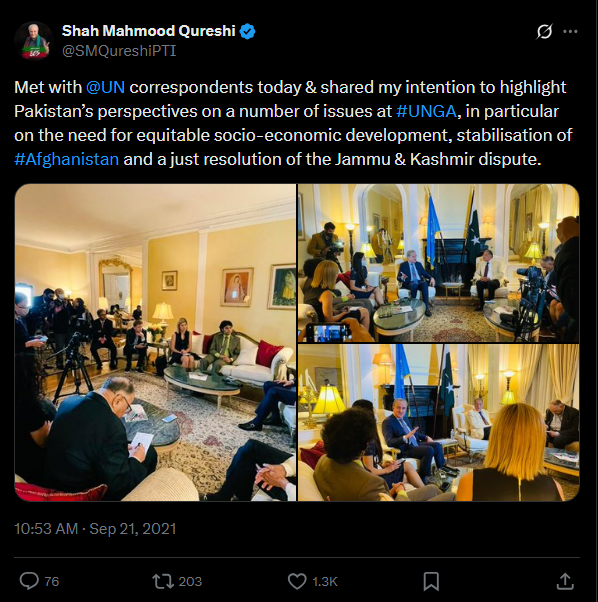
Source: X/@SMQureshiPTI
Key Strategic Concerns
Pakistan relies on strategic depth mainly due to security concerns about India. The fear of Afghan support for militant groups attacking Pakistan, or attacks happening on Pakistani territory, is not new. Islamabad remains cautious of any Afghan government that is too close to India, and Indian influence in Kabul is a red flag and detrimental to its national security. A strong India to the east and a hostile Afghanistan to the west create a double encirclement for Pakistani security debates. Therefore, Pakistan’s leaders have stated that Afghanistan should not become an anti-Pakistan haven.
Militancy along the border remains a concern, with Islamabad accusing Fitna-al-Khwarij (FAK) and other groups of using Afghan safe havens to carry out attacks in Pakistan. In 2025, ISPR, the military’s media wing, claimed that Pakistani forces killed militants trying to infiltrate through Afghanistan and urged Kabul to bring its side of the border under control. The Pakistani government has repeatedly urged the Taliban not to allow their Afghan territory to be used against Pakistan. Pakistani officials also associate peace in Afghanistan with the return of Afghan refugees and regional trade.
Conclusion
During the Cold War and even afterward, Islamabad has shaped its policy toward Afghanistan as defensive and pragmatic. Pakistani authorities emphasize that the strategy of strategic depth never meant dominating Kabul but ensuring that Afghanistan remains a peaceful nation and aligns with their security needs. Currently, Pakistan also considers Afghanistan one of its most valuable regional partners and asserts that regional stability relies on Afghanistan’s peace and development. Pakistan has repeatedly maintained that an Afghan-led peace process and an inclusive Afghan government are the only ways to achieve the strategic depth Islamabad seeks.

